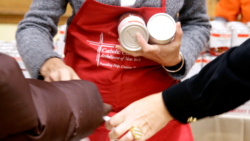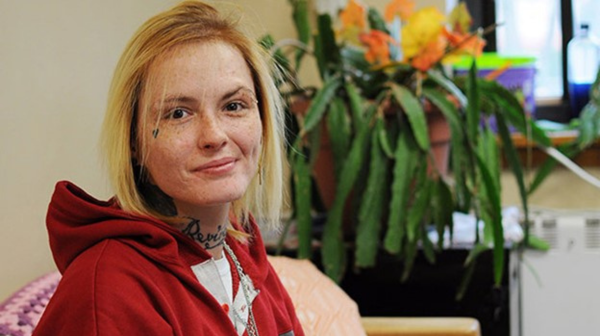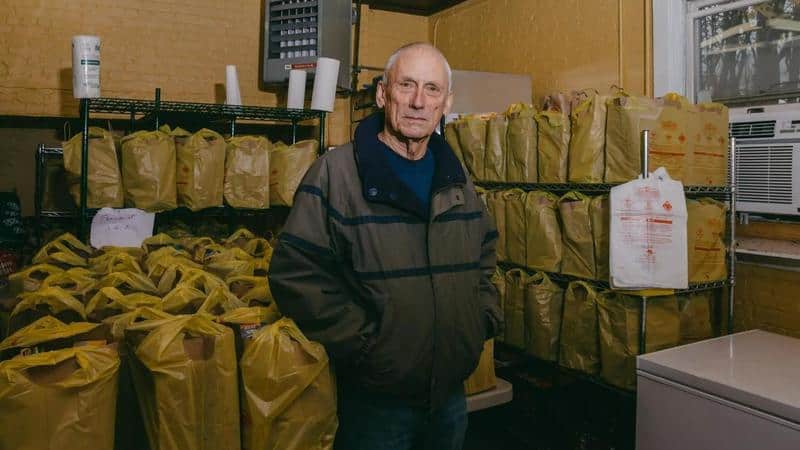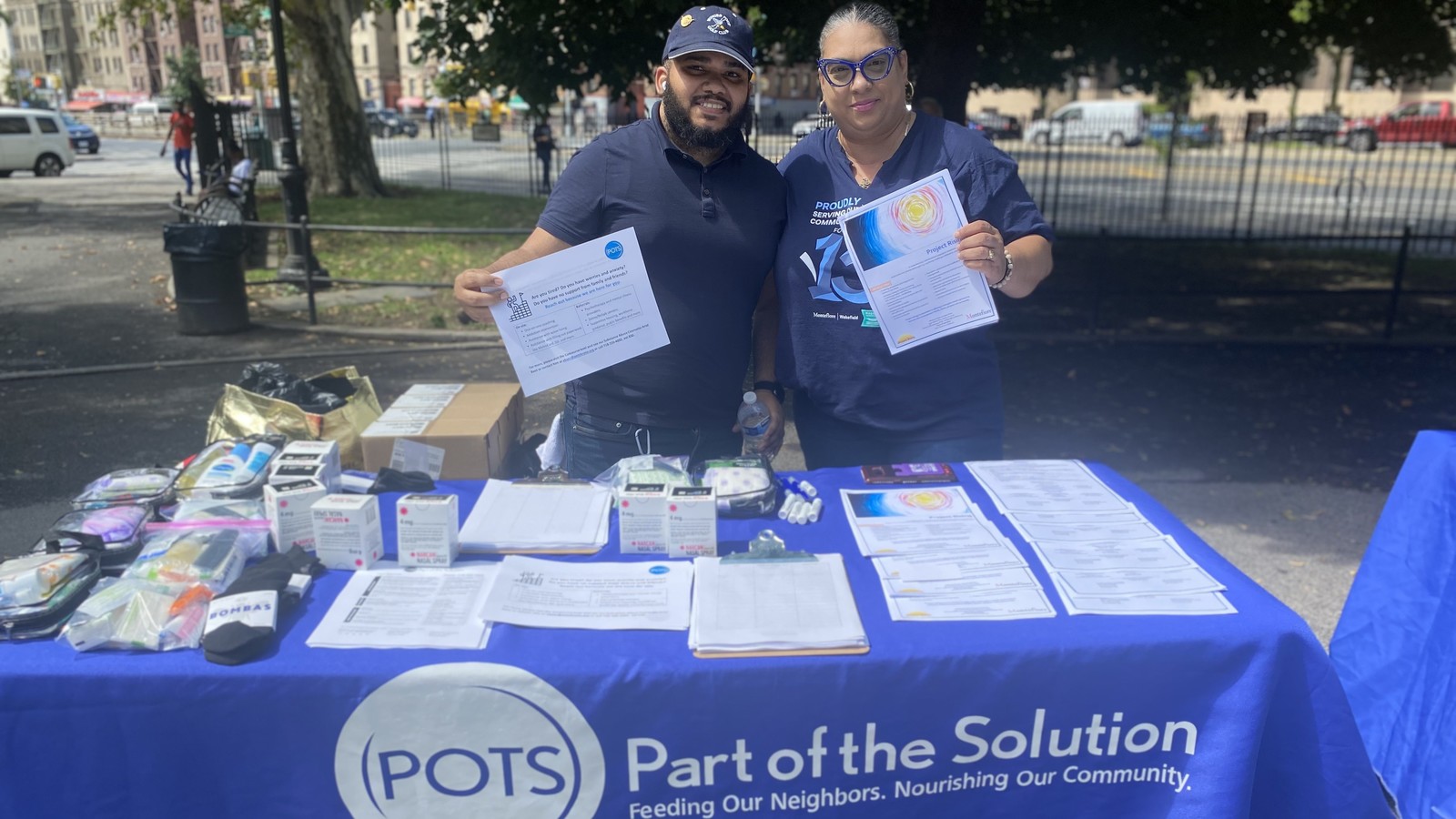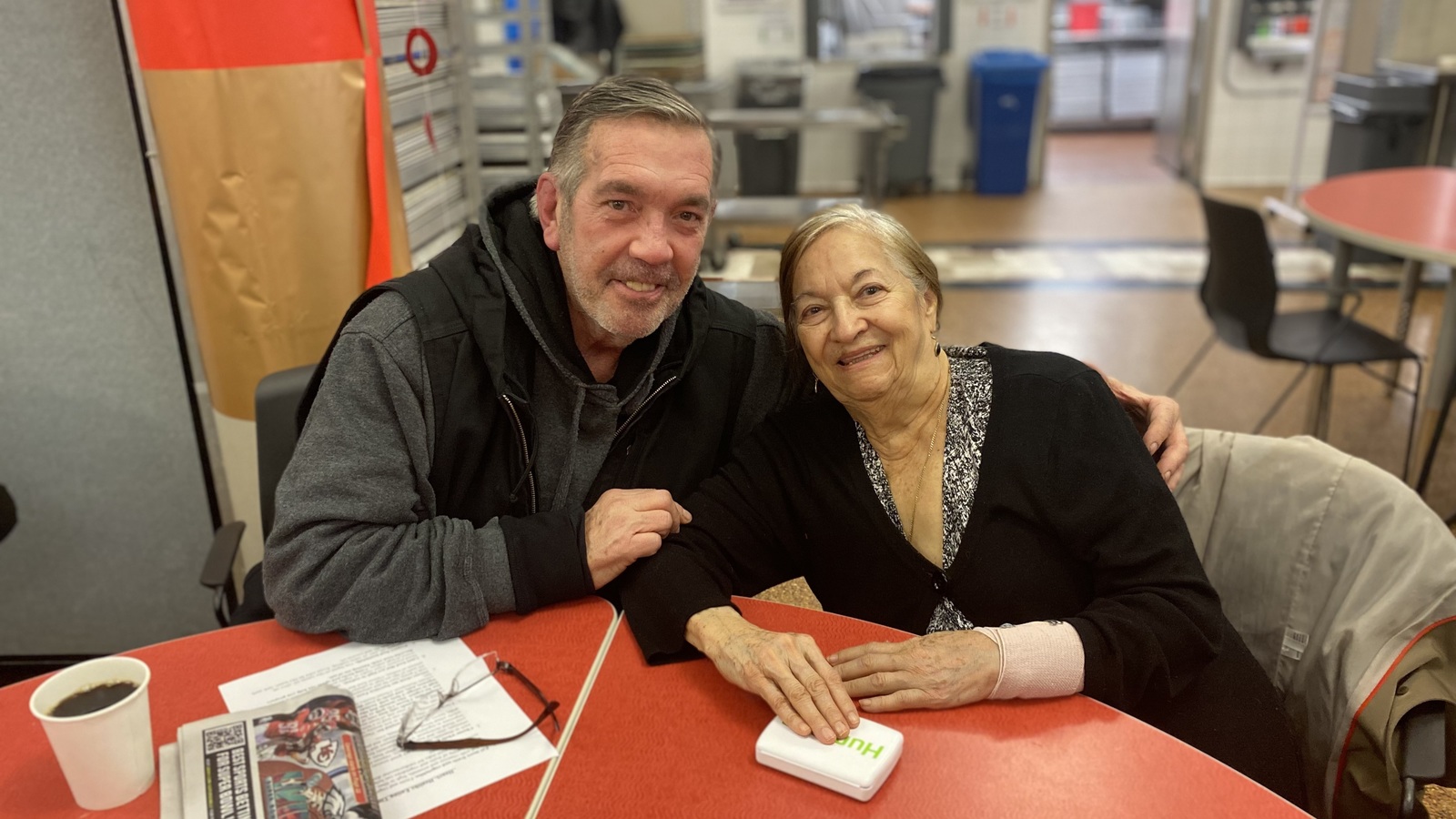His disciples recalled the words of scripture,
“Zeal for your house will consume me.”
–John 2:17
On the third Sunday of Lent, we move from Jesus’ Transfiguration to the Temple at Jerusalem, where Jesus drives out the money-changers and says that he will destroy the Temple and raise it up again.
The Gospel invites us to reflect upon our worship of God. For Jesus and his contemporaries, the Temple was an important, holy place where they gathered to worship God. God is worshiped in a person, the person of Jesus Christ. As we read the Gospel, Jesus is himself the Temple that will be destroyed, but in three days God will raise him up again.
After his Resurrection, we understand that Jesus is present with us when we gather to pray, to share a meal, and in the Eucharist “always, until the end of the age” (Mt 28:20). Jesus teaches us that he is God’s presence with us.
Our mission is to be God’s presence in the world. We strive to follow the example of Jesus, who compels us to love all people through charity and service.
We extend charity to the most vulnerable — people who are often overlooked by society. One such vulnerable group includes people struggling with substance dependency.
Substance dependency is a medical issue with deep psycho-emotional implications. Overcoming addiction calls for immense courage and determination. It also calls for help — from charitable organizations like Catholic Charities of New York and our agencies.
“The staff really care. When you’re down on yourself, you gotta knock it off because they’re not going to allow you to beat yourself up. They’re not looking at what you did, they’re looking at where you are now,” said Taylor (pictured above), a former client in the Residential Treatment Program of Catholic Charities of Orange, Sullivan, and Ulster — one of our agencies.
The treatment program offers a complete continuum of care — from medically supervised detox to the situational crisis where a client may need someone to give them a little bit of additional help and a safe place. In addition to the residential program, outpatient options include daytime rehabilitation, which patients attend five days a week, as well as evening care. Mobile teams consist of a clinician and peer advocates who reach out into surrounding communities to offer counseling or help connect people to needed services.
“I think it’s cool that you guys are looking at the bright side of it and realizing that we can recover,” said Taylor. “Not a lot of people have that belief in us.”
During Lent, let us follow the example of Jesus and be present in each other’s lives through our acts of charity and service — especially for the most vulnerable. In doing so, we may more greatly feel God’s presence with us.


